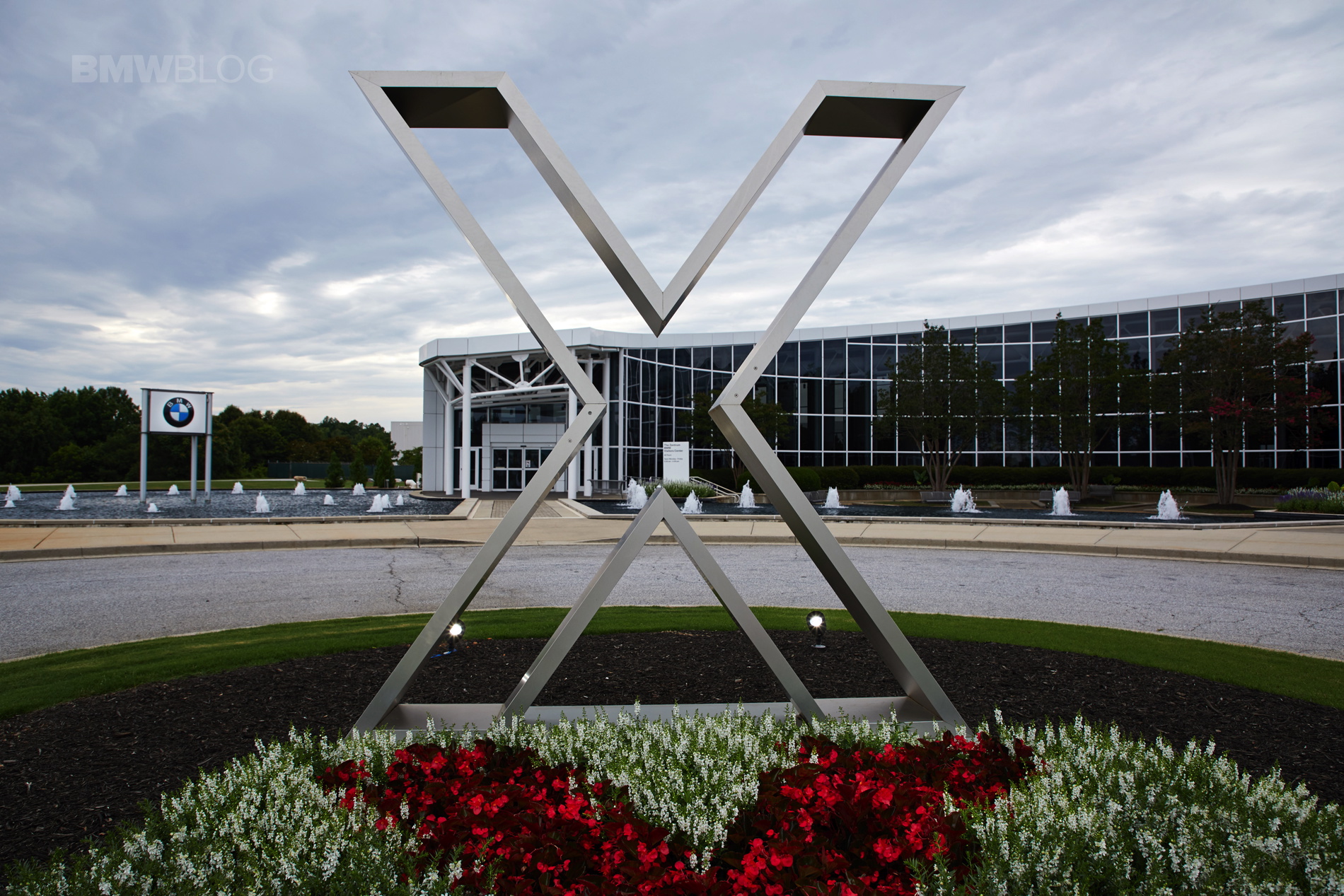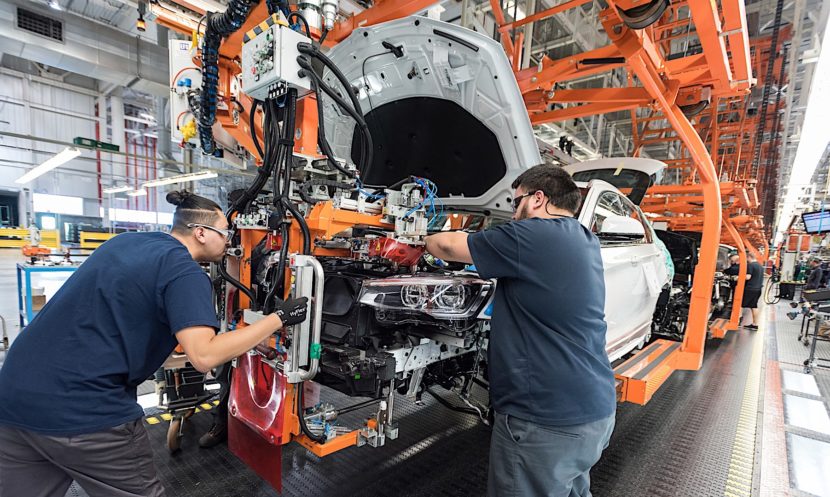The “trade war” between the US and the rest of the world continued this week with a new episode, which unfortunately, is almost always first reported on Twitter. As reported in the last few months, the German automakers are at risk of huge losses as President Donald Trump threatens to impose additional tariffs in an international dispute over what he believes are unfair trade policies.
Now, BMW is ready to make a public statement on the issue. In a letter to U.S. Secretary of Commerce Wilbur Ross, BMW wrote words of caution to U.S. politicians, stating that the international response to President Donald Trumps’ threat of imposing additional tariffs up to 20 percent would only hurt more domestic jobs and investments.
“It seems that the threat to impose these sanctions is designed to achieve certain goals,” the newspaper Welt am Sonntag reported, citing a copy of BMW’s letter to Ross.
The Munich-based luxury car maker said that its investment of almost $9 billion in the BMW plant at Spartanburg, South Carolina, supported more than 120,000 US jobs. The plant itself employs 8,000 workers and the largest factory for BMW, worldwide.
In Spartanburg, who BMW calls it their second home, the Bavarians build nearly 500,000 vehicles annually, almost 40 percent more cars than BMW sells in the U.S. as a whole. The majority of these vehicles are then exported to other countries including Canada and the EU.
“All of these factors would substantially increase the costs of exporting passenger cars to these markets from the United States and deteriorate the market access for BMW in these jurisdictions,” wrote BMW in its letter, hinting that an increase in automotive tariffs could potentially lead to “strongly reduced export volumes and negative effects on investment and employment in the United States.”
BMW believes that by the United States pushing its protection tariffs on the world, it will effectively limit the investments that foreign automakers are willing to make on American soil, effectively costing jobs and stymieing local economic development across the country.






































































